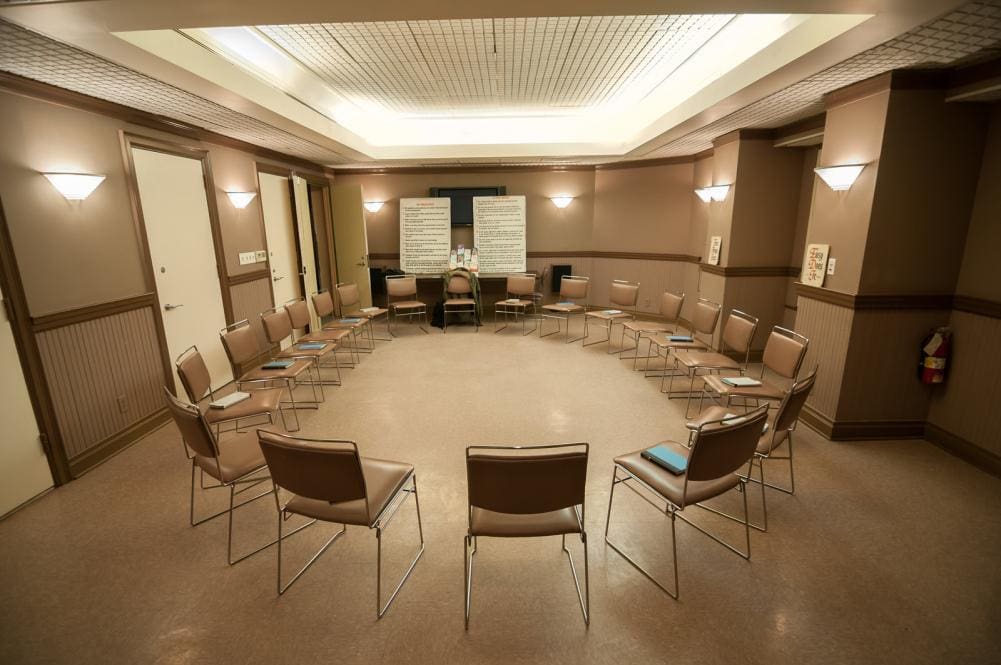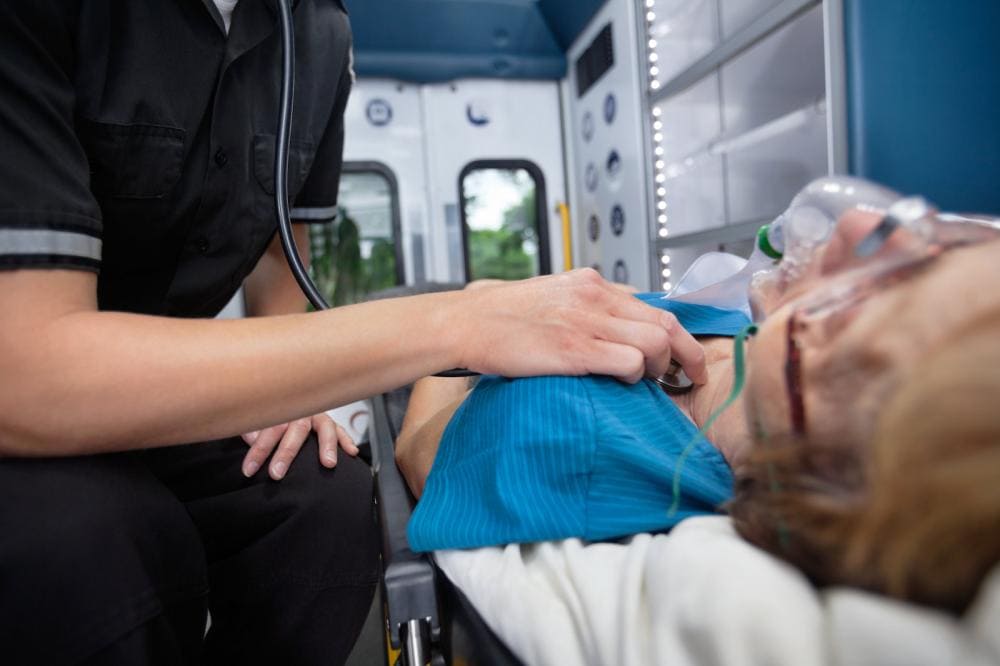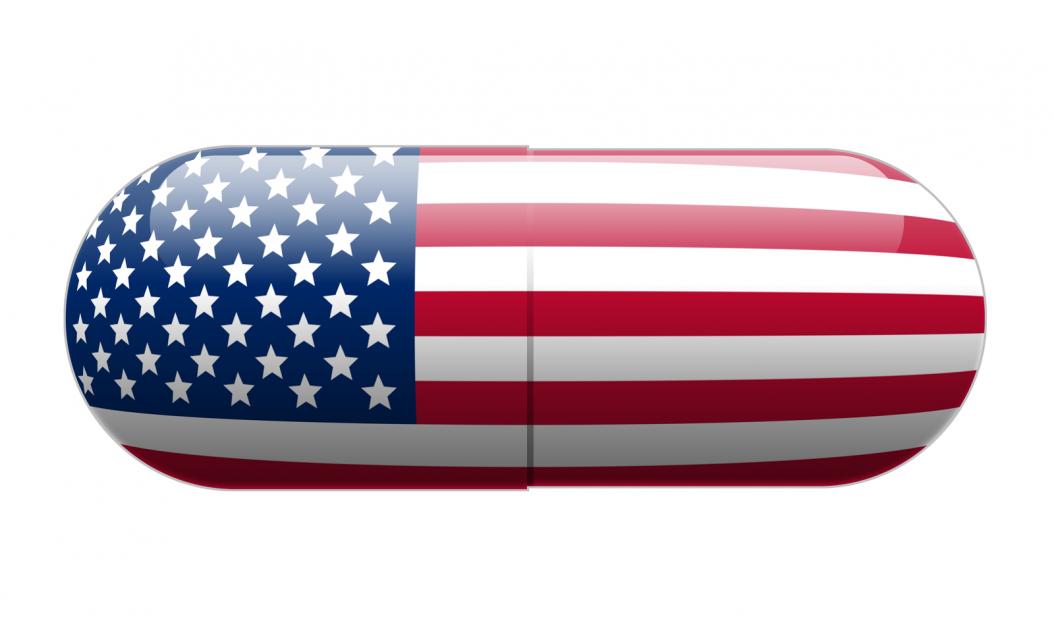
A 2016 report shows that pharmaceutical manufacturers spent 3 ½ times as much money pushing opioids to doctors in Canada. The 2016 report is the only one where numbers are currently available for more than one country.
According to The Star, Purdue Canada, the company that manufactures Oxycontin gave just over $2 million to Canadian health-care professionals in 2016. In the report, the money is flagged as spending for doctors to provide consulting services and deliver speeches on medical topics. In America, it was found that the addresses that the doctors were supposed to have made were sometimes around a dinner table in a fancy restaurant, or in a hotel with a small audience of other doctors.
Purdue Canada gave Canadian doctors a large amount of money. The Star investigation shows that every 1,000 residents, Purdue spent $58 on Canadian doctors compared to $17 in the U.S.
The records do not indicate how many individual Canadian doctors were the recipients of such payments. Some of the payments may have been related to drugs other than Oxycontin. They also manufacture drugs that include an antinausea medication and a stimulant used to treat attention deficit hyperactivity disorder.
In 2012, Purdue pulled OxyContin from the Canadian market in 2012 and replaced it with OxyNeo, a tamper-resistant drug that has been known to cause overdoses due to its release formula.
Purdue is the subjects of dozens of lawsuits in the United States and has pleaded guilty to some accusations of misleading doctors and patients about Oxycontin’s addiction profile and its ability to be abused. In that case, in 2007, three executives paid $634 million to settle the charges.
There have not been any government actions regarding Purdue or similar drug companies in Canada. However, a $20-million settlement to a Canadian class action lawsuit against Purdue was put on hold last March. A Saskatchewan judge refused to approve the agreement and said that the compensation was not fair and reasonable to the patients who got addicted to the prescription drug. Purdue is already appealing that case.



